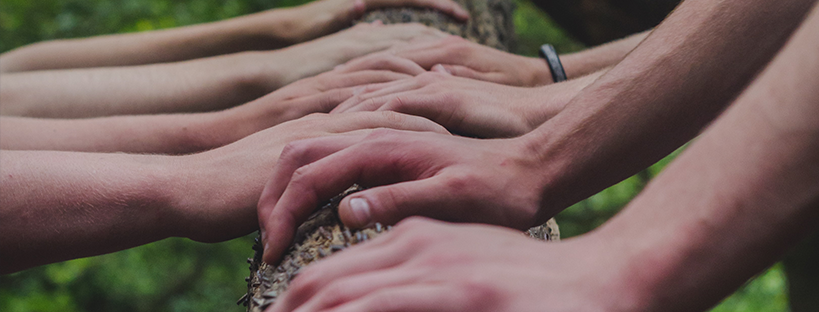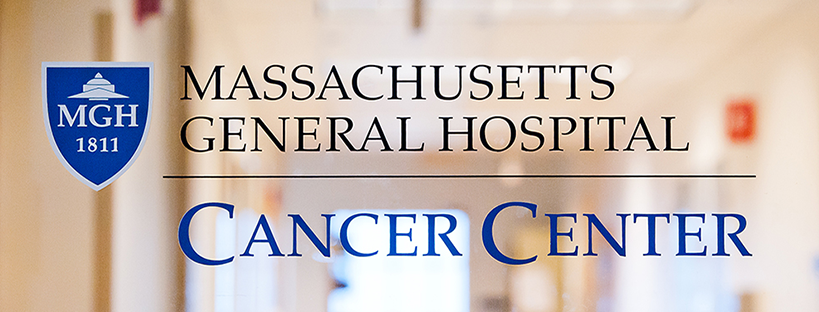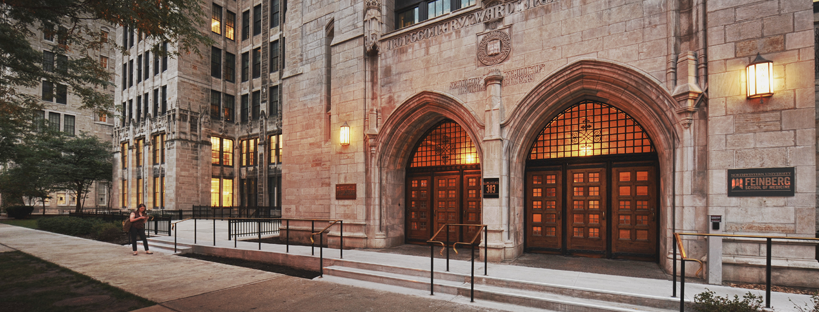Dr. Catherine Marshall’s latest publication makes the case for adding interventions like Un Abrazo Para La Familia™ to the standard of care. Data show it may improve access to mental health care and help support vulnerable and underserved populations.
Family caregivers, or cancer co-survivors, are unpaid volunteers who spend time and energy caring for and fearing for a loved one undergoing cancer treatment (a cancer survivor). There are approximately 2.8 million people providing this type of informal care in the United States. A caregiver may work closely with cancer care clinical teams, administer drugs, report any concerns on behalf of the patient, manage health insurance claims, and keep other family members informed of the patient’s condition. Many who have taken up this role have reported lacking resources or support. Reports show that rates of depression for cancer patients and their loved ones is approximately twice as high as for people who live in the same communities. Caregiving is often characterized as a public health crisis.









